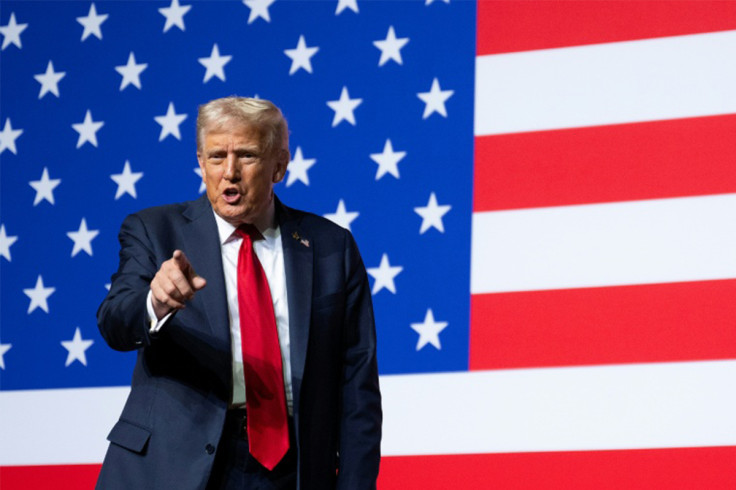Insurrection Act Explained: Could Trump Really Unleash the Military on American Streets?
Trump's threat to deploy troops reignites debate over presidential power

As unrest spreads through several American cities, President Donald Trump has hinted that he may invoke the Insurrection Act, a centuries-old law that allows a president to deploy the military on U.S. soil. The suggestion has set off a national debate over legality, civil rights, and the balance of power between Washington and the states.
What Is the Insurrection Act?
Enacted in 1807, the Insurrection Act gives the U.S. president authority to deploy federal troops domestically to enforce federal law, suppress uprisings, or restore public order when local authorities cannot or will not act.
It has been used fewer than 30 times in US history. President Dwight D. Eisenhower invoked it in 1957 to enforce school desegregation in Little Rock, Arkansas, and President George H. W. Bush used it during the 1992 Los Angeles riots.
Although intended as a last resort, the law's ability to override state control has long made it one of the most controversial powers in the president's arsenal.
Why Trump Is Considering It
Trump's recent remarks come amid intensifying demonstrations and reports of violent clashes in cities including Portland and Chicago. He has described the protests as 'chaotic and lawless' and believes the military could help restore stability if governors fail to act.
According to Politico, the administration has quietly explored deploying National Guard units to reinforce federal law enforcement in multiple urban areas. In Chicago, Trump authorised federal forces to protect government buildings, a move that Illinois Governor J. B. Pritzker called a breach of state sovereignty. Pritzker filed a lawsuit challenging the deployment, but a federal judge temporarily allowed the action to continue.
In Portland, legal battles are ongoing as state officials argue that the city does not meet the legal threshold of an insurrection, calling Trump's potential use of the Act an overreach of executive power.
Legal and Constitutional Debate
The controversy centres on the Posse Comitatus Act of 1878, which generally prohibits the use of federal troops in domestic law enforcement. The Insurrection Act serves as one of the few exceptions, granting the president broad authority in times of unrest.
Legal scholars argue that invoking the law now could blur the line between federal and state authority. Civil rights groups warn that deploying troops could suppress protests and lead to violations of constitutional rights.
Several Democratic-led states have filed lawsuits claiming that federalising their National Guard units infringes upon powers reserved to the states.
While the president can trigger the law unilaterally, experts say its use would almost certainly face court challenges and political backlash. Critics warn that such an action could inflame tensions rather than restore order.
Historical and Political Context
Historically, presidents have invoked the Insurrection Act only during moments of severe unrest or constitutional crisis. Its use in the current political climate, analysts say, could appear politically motivated and deepen divisions rather than calm them.
Comparisons to the Civil Rights era show that earlier deployments often sought to uphold federal law and protect civil rights, while modern proposals risk being viewed as partisan exercises of executive power.
The potential deployment of troops to US cities has already heightened fears of militarisation and raised questions about the future of civilian governance in times of domestic crisis.
Proposed Reforms
Amid mounting concern, lawmakers are pushing to curb presidential authority under the Act. Representative Chris Deluzio's Insurrection Act Reform Bill of 2025 would require congressional approval before any domestic troop deployment. Senator Mark Warner and others have voiced support for narrowing the law's scope to ensure accountability and prevent abuse.
The Stakes Ahead
For now, Trump has not confirmed whether he will sign the order. But his comments have reignited a long-standing debate over how far a president can go in using the military to enforce domestic law.
As protests continue and courts weigh challenges, the question remains whether Trump will test the limits of presidential power or whether legal and political barriers will keep the Insurrection Act in check.
© Copyright IBTimes 2025. All rights reserved.




















